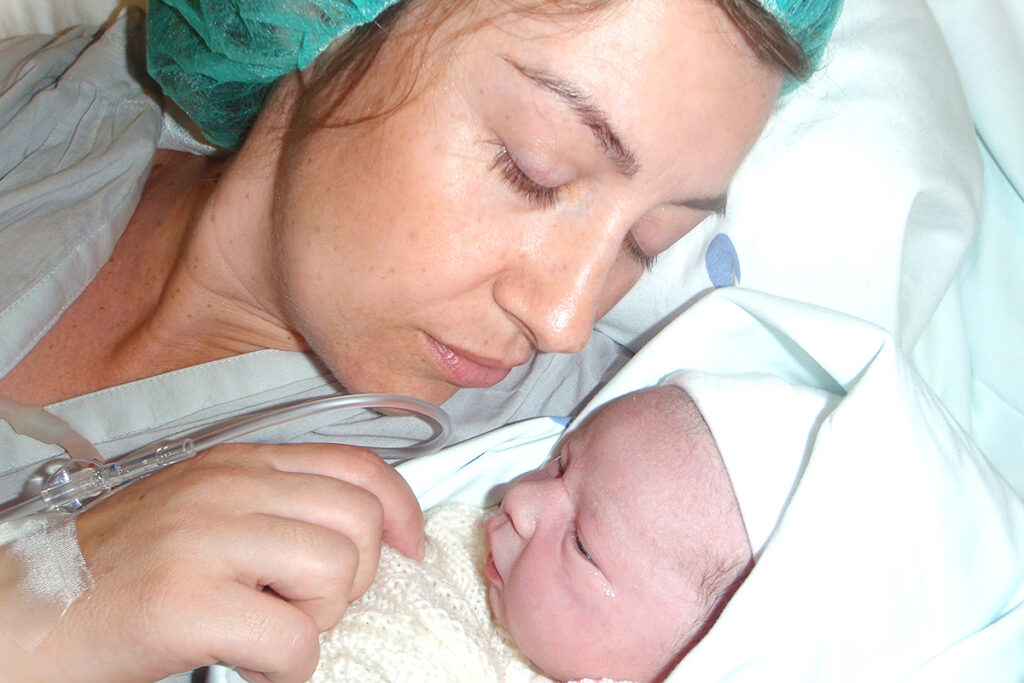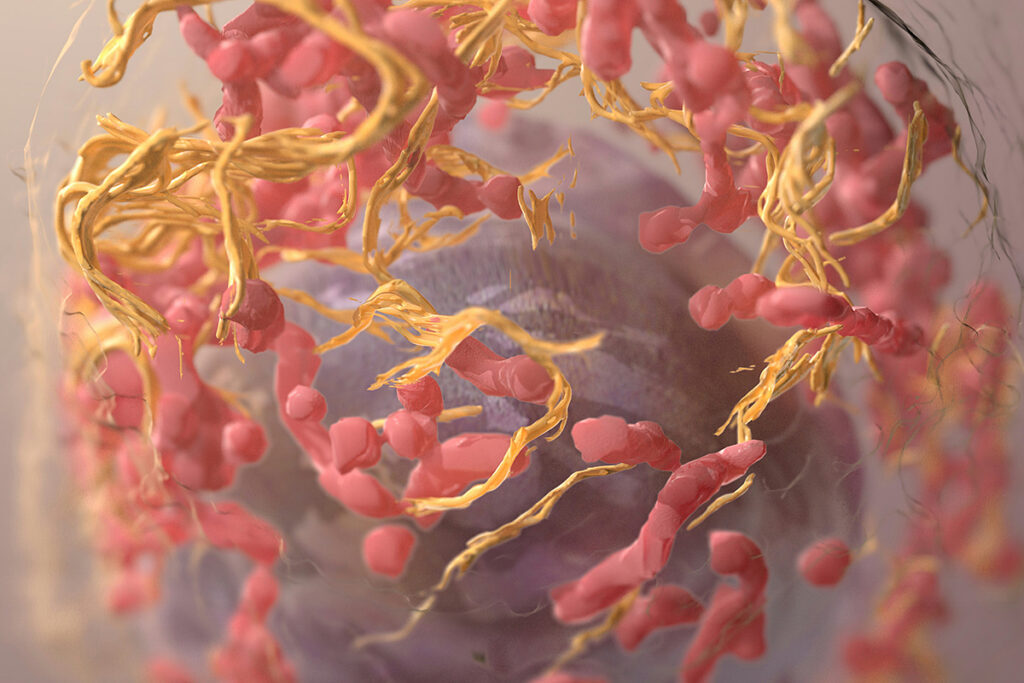Microbiota are microorganisms that inhabit the skin, intestines, and other organs. The microbiota plays a crucial role in early immune and neurodevelopment. Animal studies have shown that administering Lactobacillus reuteri bacteria can reduce social interaction disorder in autism by improving neuroplasticity. Moreover, short-term changes in the microbiota composition during the first weeks after birth can affect immune cells and brain neurophysiology at an early age.
The microbiota is passed on to the baby from the mother at birth. Passing through the birth canal, the child receives bacteria from the mother’s vaginal microflora. Cesarean section disrupts the transfer of microbiota to the newborn:
- The microbiota of vaginally born infants resembles that of their mother’s vagina, dominated by the bacteria Lactobacillus, Escherichia, and Bacteroides.
- The microbiota of babies born by cesarean section contains bacteria that live on the surface of the mother’s skin and in the operating room – mainly staphylococcus aureus, enterococcus, and Klebsiella.
Cesarean section is associated with an increased risk of metabolic disorders and the development of the nervous and immune systems in newborns. Also, people born by cesarean section are more likely to have attention deficit hyperactivity disorder and autism spectrum disorders.
Chinese scientists have proposed artificially transferring the mother’s microbiota to infants after cesarean section by applying their mother’s vaginal fluid to the infants’ skin. Scientists tested whether this procedure can improve brain development.
Study Design
The randomized, blind study included 76 infants and mothers. Participants were randomly assigned to groups:
- Experimental – the mother’s vaginal fluid was applied to the skin of infants (vaginal seeding). Before the procedure, mothers were examined for infectious diseases that could threaten the health of their babies.
- Control – Sterile saline was applied to the skin of infants.
None of the infants developed severe health problems after vaginal seeding. Mild skin disease and fever were observed in both groups.
Microbiota Stimulates Brain Development
When the children were three to six months old, the scientists asked their parents to complete a checklist of stages in the development of the nervous system:
- communication;
- movement;
- problem-solving;
- personal and social skills include reaching for toys and smiling at oneself in the mirror.
Infants who received vaginal seeding improved slightly more than those who received saline. Whether children’s brains continue to develop faster after vaginal seeding and whether the difference in development will be significant is unknown because the brain changes so much as a child grows. More extensive, long-term studies are needed to find out.
Conclusion
In 2016, American scientists showed that babies born by cesarean section, on whose skin the mother’s vaginal fluid was applied, acquired a microbiota similar to that of babies born vaginally.
The present study showed that, after vaginal seeding, infants achieved greater neurodevelopment at three and six months than infants also born by cesarean section but not exposed to vaginal fluid. It is not known if these differences will be significant and long-lasting.
Applying vaginal fluid is safe for the newborn only if the mother has no infectious diseases.
Useful article, necessary information? Share it!
Someone will also find it useful and necessary:
References
- Effects of vaginal microbiota transfer on the neurodevelopment and microbiome of cesarean-born infants: A blinded randomized controlled trial
- Mum’s microbes might boost brain development of c-section babies



